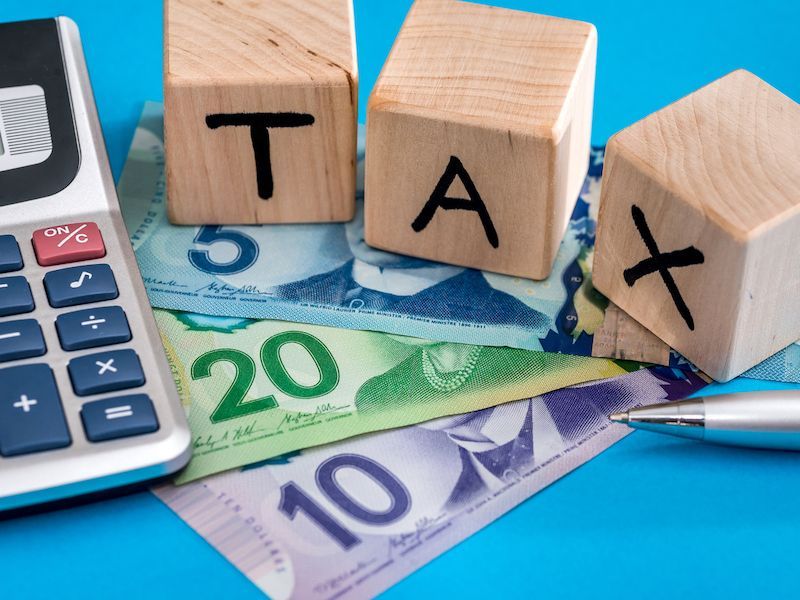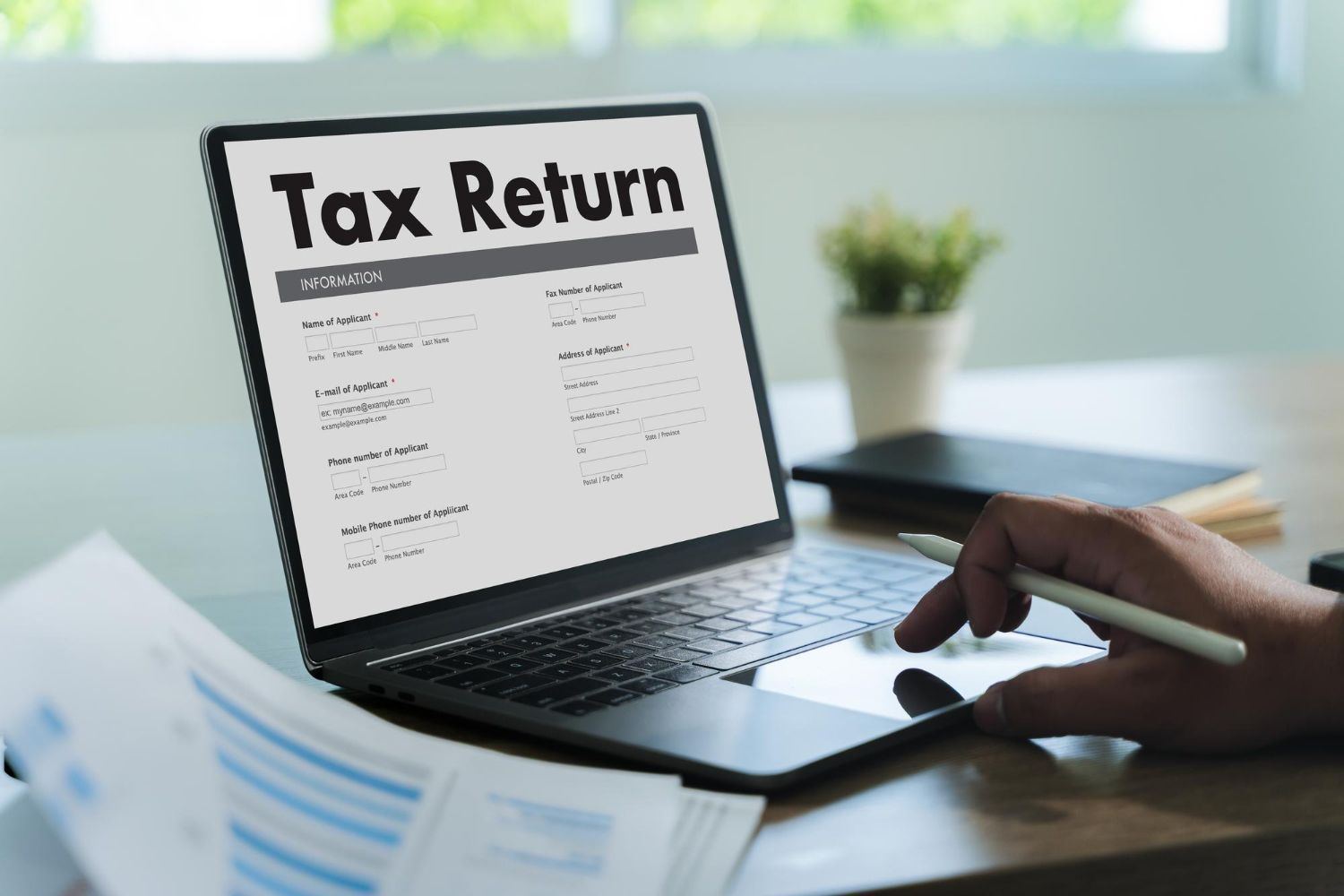Key Dates for the Canadian Tax Year 2023
Important Tax Filing Deadlines in Canadian Tax Year
As a taxpayer, one of the most crucial things to keep in mind is the deadlines for filing your taxes in Canadian Tax Year. The Canada Revenue Agency (CRA) sets strict due dates for tax returns and payments, and filing on time can help you avoid interest or penalties and receive your refund sooner. To make the tax season stress-free, we’ve compiled all the significant dates that you need to know.
2023 Tax Filing Deadlines in Canada
The deadline for filing your 2021 tax return in Canada is May 2, 2023. Typically, the Canada Revenue Agency (CRA) requires individuals to file their tax returns by April 30 each year. If April 30 falls on a weekend, the deadline is extended to the next business day.
If you want to file your taxes early, the CRA’s NETFILE service will open on February 21, 2022, allowing for electronic submission of returns. Keep in mind that for mailed responses, they must be received or postmarked by the due date, and electronically submitted returns must be submitted by midnight local time on the day they are due to avoid penalties or interest. Meeting the tax filing deadline helps to avoid any penalties and interest and ensures you receive any refunds owed to you in a timely manner.
2023 Canadian Tax Deadlines to Keep in Mind
Tax Filing Deadline for Self-Employed Tax Returns
If you are self-employed, you have until June 15, 2023, to submit your income tax return without incurring the late-filing penalty. However, starting May 3, 2023, the CRA will begin assessing interest on any unpaid amounts owing for the tax year.
Mark these Dates in Your Calendar!
Here are the key CRA dates and deadlines to remember for the 2023 tax season:
- January 1, 2023: The first day of the new tax year.
- March 2, 2023: The deadline for contributing to an RRSP for the 2021 tax year.
- January 22, 2023: The e-file service is closed for maintenance.
- February 24, 2023: E-filing is open for residents and immigrants in Canada for the 2022 tax year.
- February 28, 2023: The last day to issue T4s, T4As, and T5s to employers and the CRA.
- March 15, 2023, June 15, 2023, September 15, 2023, December 15, 2023: The installment payment due dates for 2022.
- April 22, 2023: The deadline to set up pre-authorized debit payments for 2021 to avoid interest charges.
- April 30, 2023 (extended to May 2, 2023): The filing due date for 2022 tax returns for individuals and paying the balance due, if any, to the CRA.
- June 15, 2022: The filing due date for 2022 tax returns for self-employed individuals in Canada. The balance owing for 2022 must still be paid before April 30, 2023.
- December 31, 2023: The last day of the tax year.
Tax Filing Deadlines for Final Tax Returns of Deceased Individuals
As the legal representative of a deceased person, you are responsible for filing their final tax return with the CRA. The deadline for submitting the return depends on the date of their death.
If the individual passed away between January 1 and October 31 of the tax year, the return is due on May 2. However, if they passed away between November 1 and December 31, the deadline is six months after the date of their death.
If the deceased person or their spouse or common-law partner is self-employed, the due date is extended to June 15. However, the CRA will start assessing interest from April 30 for any unpaid amounts.
GST/HST Filing Deadline for Self-Employed Registrants
Self-employed GST/HST registrants are required to file a GST/HST return regularly, regardless of whether they have any income to report. These registrants have reporting periods that can be monthly, quarterly, or annually. Monthly and quarterly filers must file their return and payment within one month after the end of the reporting period. On the other hand, annual filers have until June 15 of the year following the tax year for which the return is being filed to submit their return.
Employer Deadlines in Canadian Tax Year
As an employer in Canada, there are several important deadlines to keep in mind. Within seven days of hiring an employee, you must have them complete a TD1 form. Additionally, you must send your employees a T4 information slip by the last day of February following the year in which the information applies.
If your business closes, the Canada Revenue Agency (CRA) requires you to submit your final CPP contributions, EI premiums, and income tax deductions (payroll remittances or source deductions) within seven days. You must also submit any T4 slips and a T4 Summary and file it within 90 days.

Due Dates for Installment Payments and Tracking Due Dates with the CRA App
If you prefer to make installment payments throughout the year rather than pay a lump sum at tax time, there are four due dates that you should be aware of. Whether you are self-employed or employed by someone else, you must submit your installment payments by March 15, June 15, September 15, and December 15 of each year.
To help you stay on top of all your filing due dates, the CRA offers a mobile app that you can download for free. You can use the app to set reminders for the dates that apply to you and check on any extensions to the usual due dates.
The post Key Dates for the Canadian Tax Year 2023 appeared first on DBM Accounting | David B. McKeand Professional Corporation.











